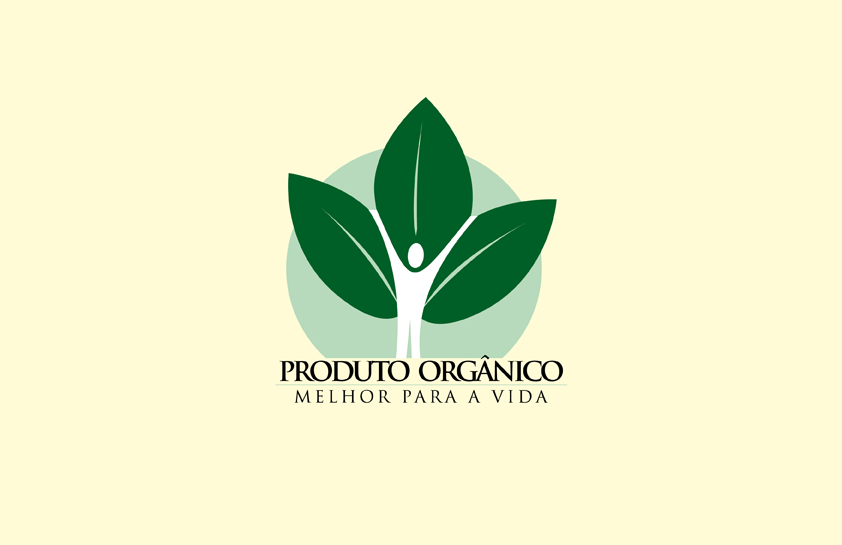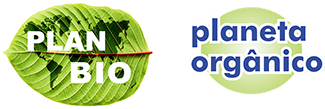What are Organic Products?
Understand here the definition of organic by Brazilian legislation.
 Under Brazilian law, an organic product, whether in natura or processed, is that which is obtained in an organic agricultural production system or from a sustainable extractive process that does not harm the local ecosystem.
Under Brazilian law, an organic product, whether in natura or processed, is that which is obtained in an organic agricultural production system or from a sustainable extractive process that does not harm the local ecosystem.
In order to be marketed, organic products must be certified by bodies accredited by the Ministry of Agriculture, and only those produced by family farmers who are part of social control organizations registered with MAPA, which sell exclusively for direct sales to consumers, are exempt from certification.
The Purpose of Organic Production Systems
- The offer of healthy products free of contaminants that can be avoided due to the non-use of practices and inputs that may endanger the environment and the health of the producer, worker or consumer;
- The preservation of the biological diversity of natural ecosystems and the recomposition or increase of the biological diversity of the modified ecosystems where the production systems are inserted, with special attention to species threatened with extinction;
- The use of products and processes that maintain or increase soil fertility and promote the development and balance of the soil’s biological activity;
- The adoption of practices in the production units that contemplate the healthy use of soil, water and air, in order to reduce to a minimum all forms of contamination and waste of these elements;
- The establishment of work relationships based on treatment with justice, dignity and equity, regardless of the forms of employment contract;
- Encouraging integration between the different participants in the organic production network and the regionalization of production and trade in products, encouraging short circuits and a direct relationship between the producer and the final consumer;
- Recycling organic waste, reducing the use of non-renewable natural resources to a minimum;
The use of good handling and processing practices in order to maintain the organic integrity and vital qualities of the product at all stages from production to reaching the consumer; - The use of productive management practices that preserve animal welfare conditions;
Technical Guidelines
The organic producer must be part of the National Register of Organic Producers, which is only possible if it is certified by one of the three mechanisms described below:
Certification by Audit – The SisOrg seal is granted by a public or private certifier accredited by the Ministry of Agriculture. The conformity assessment body complies with internationally recognized procedures and criteria, in addition to the technical requirements established by Brazilian legislation.
Participatory Guarantee System – Characterized by the collective responsibility of the members of the system, which may be producers, consumers, technicians and other interested parties. To be legal, an SPG must have a legally constituted Participatory Conformity Assessment Body (OPAC), which will be responsible for issuing the SisOrg.
Social Control in Direct Sales – Brazilian legislation made an exception to the mandatory certification of organic products for family farming. However, accreditation by a social control organization registered with an official inspection body is required. As a result, family farmers are now part of the National Register of Organic Producers.
Source: Ministry of Agriculture, Livestock and Supply

